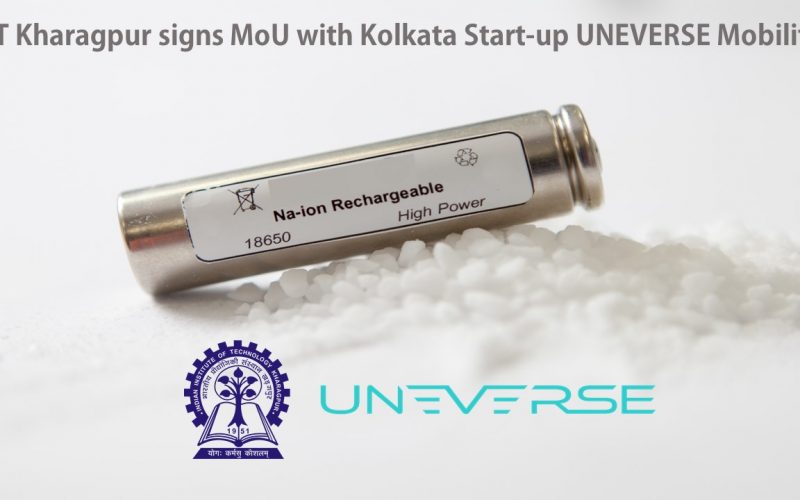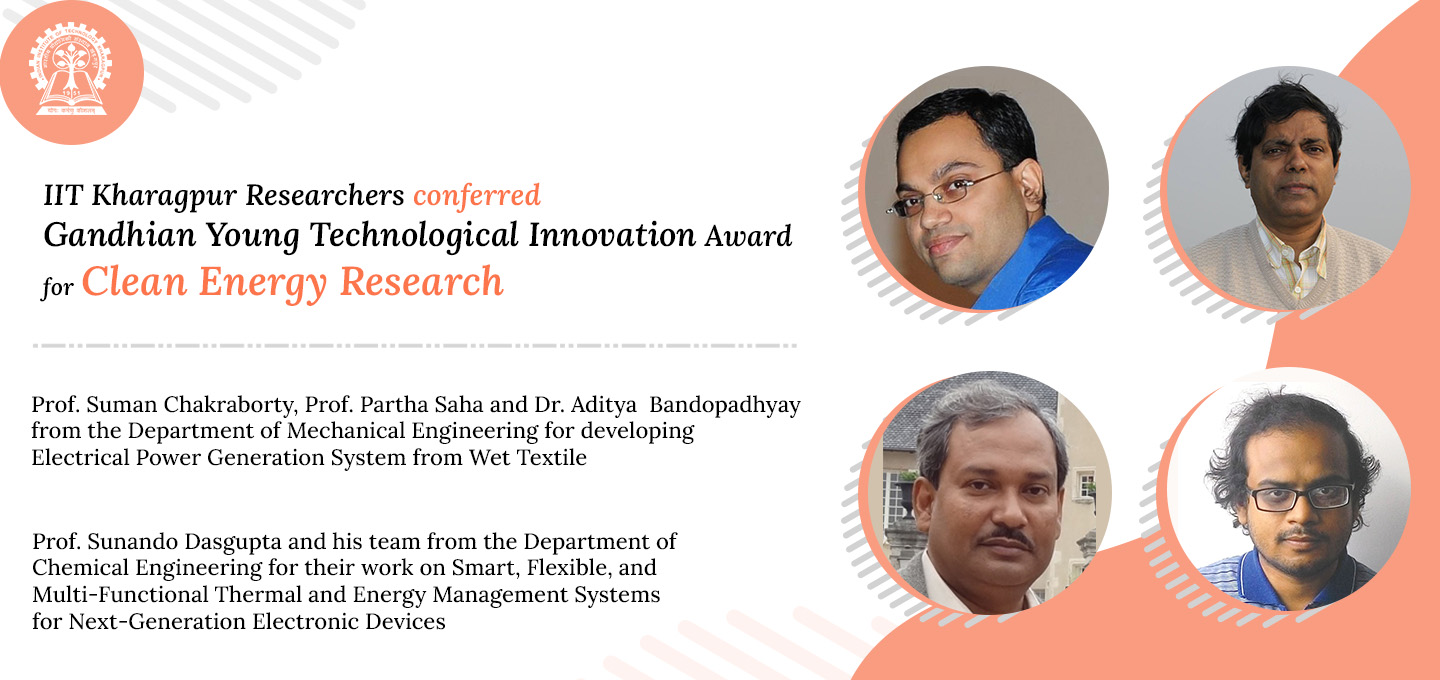
….And then there was light!
Researchers at IIT Kharagpur are generating electricity from Subarnarekha river by harnessing the flow of water without turbines A groundbreaking initiative by researchers from IIT Kharagpur is transforming how we think about hydroelectric power generation. Instead of relying on traditional turbines or large dams, this team is harnessing the power of water flow in the Subarnarekha River to generate electricity using a unique and innovative method. In the past five to six months, the researchers, along with local workers, have successfully lit LED lights using electricity generated from the river’s flow in Keshiari block, Paschim Medinipur district. Their initial success…




